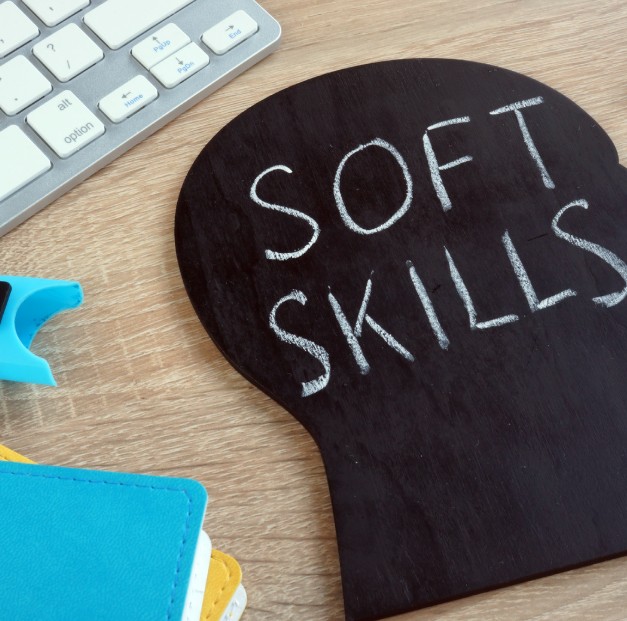It’s no secret that the world of work is changing fast. New technology, different ways of working and shifting expectations mean employees are constantly adapting. But while technical skills and knowledge are still essential, it’s soft skills like communication, collaboration, problem-solving and emotional intelligence that truly set people apart.
The irony? They’re called ‘soft’, but they’re often the hardest to master.
Why Soft Skills Matter More Than Ever
In today’s workplaces, success depends less on what you know and more on how you work with others. With teams spread geographically, workforces under constant change and AI taking over many technical tasks, it’s our ability to connect, empathise and adapt that drives real results.
Employers increasingly look for people who can:
- Listen actively and communicate clearly.
- Stay calm and flexible during change.
- Lead and collaborate with empathy.
- Think creatively and solve problems on the spot.
Soft skills are what make workplaces resilient. They help people navigate uncertainty and work together when things get tough.
The Hidden Cost of Ignoring Soft Skills
When organisations overlook soft skills development, they often face the same problems: poor communication, low morale, missed deadlines and high turnover. Projects or workflows stall not because people lack technical know-how, but because teams can’t align, trust breaks down or feedback isn’t heard.
Building soft skills isn’t about replacing technical training. It’s about complementing it. After all, the best working environment, process, or system still relies on people to make it work.
How to Strengthen Soft Skills at Work
Soft skills can absolutely be learned and strengthened with intention and practice. Here are a few practical ways to build them into everyday work:
- Encourage reflection. After a meeting or project, ask: What went well in our communication? What could we do better next time?
- Model good behaviour. Leaders who demonstrate empathy, active listening and openness make it safe for others to do the same.
- Make feedback normal. Regular, respectful feedback helps everyone improve their communication and collaboration.
- Blend soft skills into training. Even technical courses can include teamwork, leadership or problem-solving components.
- Reward the ‘how’, not just the ‘what’. Recognise behaviours that show collaboration, kindness and adaptability, not just productivity metrics.
Why It Matters
The workplaces that thrive in the future will be those that value people skills just as much as performance. Soft skills create strong leaders, healthy cultures and engaged teams. That’s what turns skill into success.
At LearningWorks, we believe learning goes beyond qualifications. It’s about growing the skills that help people work well together. Explore more insights.

